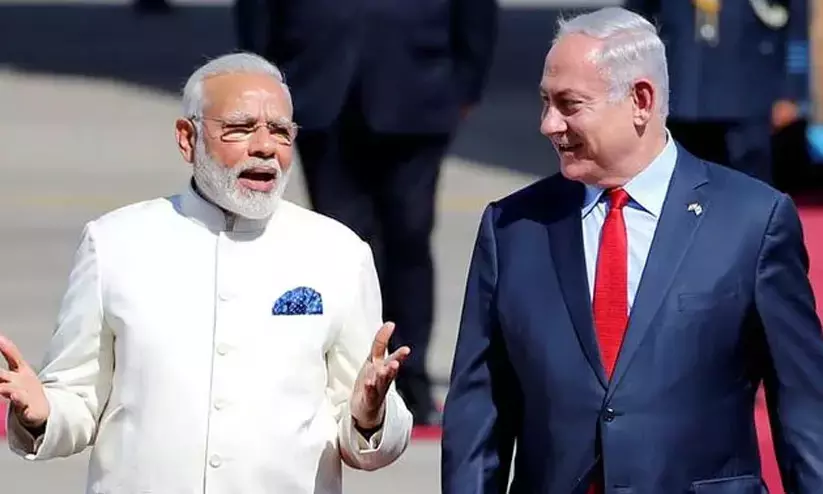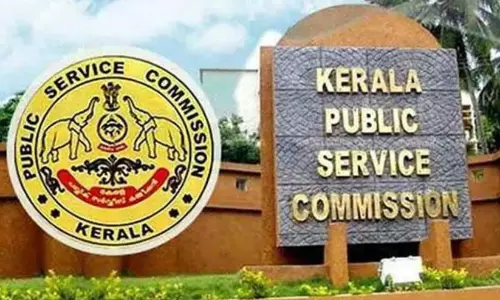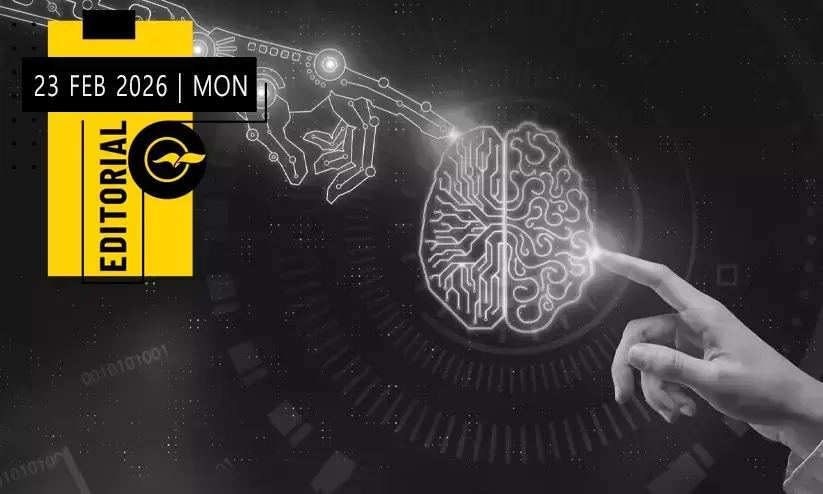
Centre withholds details on digital blocking citing national security in RTI reply
text_fieldsThe recent blocking of Reuters’ social media handles in India has once again raised concerns about the lack of transparency in the country’s online censorship, especially targeting journalists and media platforms.
In a fresh clash with the Narendra Modi-led government, social media platform X announced this week that it had restricted access to Reuters and more than 2,300 other accounts following directives from the Ministry of Electronics and Information Technology.
However, the government later denied issuing such orders. This incident follows a similar situation a few months ago, when X reported that the government had instructed the blocking of over 8,000 accounts in the aftermath of Operation Sindoor.
Among the accounts affected were those of news outlets like The Kashmiriyat, Free Press Kashmir, Maktoob Media, BBC Urdu, and various journalists, The News Minute reported.
Further fueling the controversy, responses to a Right to Information (RTI) request revealed that the government once again declined to disclose information about these blocking orders, citing reasons of “national security.”
Venkatesh Nayak, director of the Commonwealth Human Rights Initiative in New Delhi, had filed a Right to Information (RTI) request on May 12, asking the Union Ministry of Electronics and Information Technology to provide copies of content-blocking orders issued to platform X and internet service providers.
According to Nayak, the ministry rejected the request by citing Section 8(1)(a) of the RTI Act, which pertains to national security. The ministry also stated that, under the Information Technology Act and its related rules, all such information — including takedown orders — must remain confidential.
However, the response did not clarify which specific clause among the seven grounds listed under Section 8(1)(a) was applied to withhold the information.
The RTI was forwarded to the Union Ministry of Information and Broadcasting. Nayak received two separate responses — one on June 24 and another on July 2 — from different central public information officers (CPIOs).
The first reply, from the Media Unit Cell-I, stated that it did not have the requested information. The second response, issued a week later, once again invoked Section 8(1)(a) without elaborating on which specific ground justified the denial.
Nayak criticised these responses, suggesting that such unsubstantiated rejections reflect arbitrary decision-making. He argued that by refusing to disclose the takedown orders — which would typically include the reasoning behind such actions — the government is restricting citizens' fundamental right to information.
He further noted that this lack of transparency undermines public understanding not only of issues like Operation Sindoor but also of the government's decisions in the name of national security.























